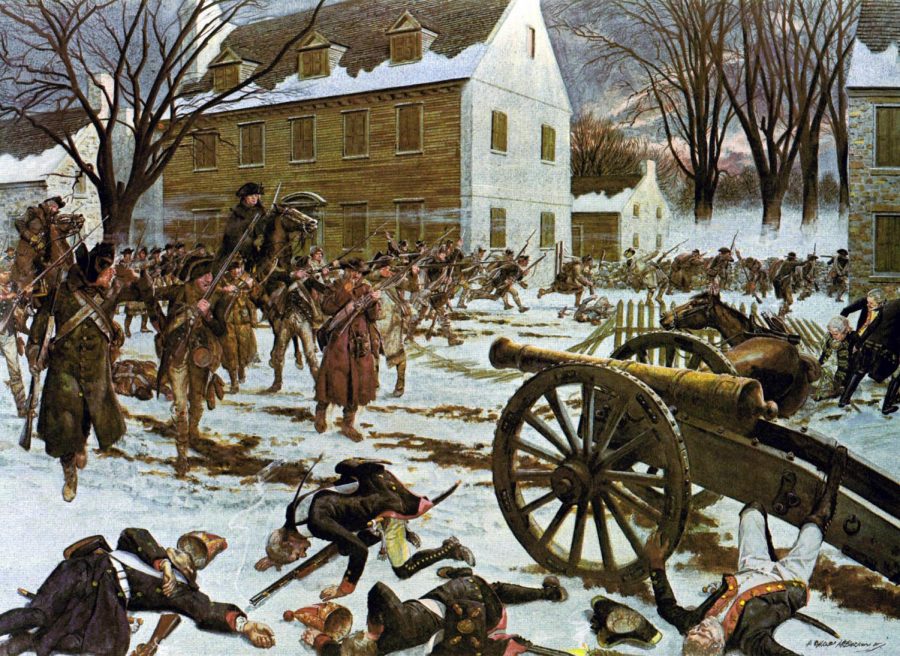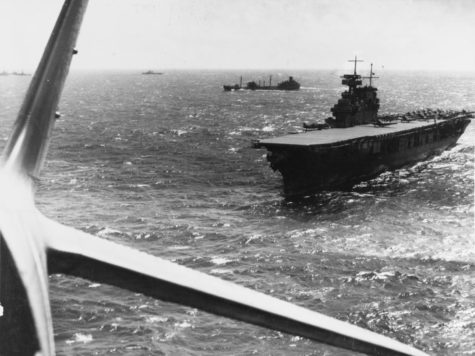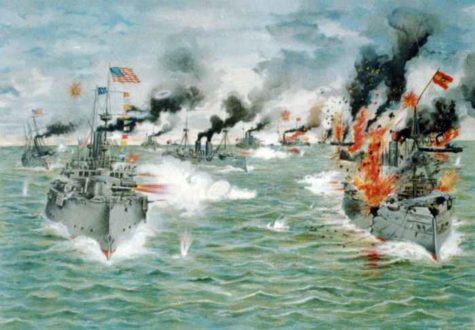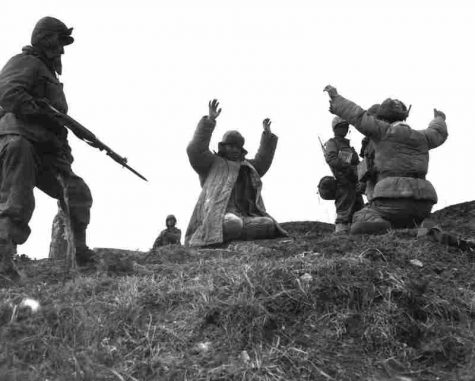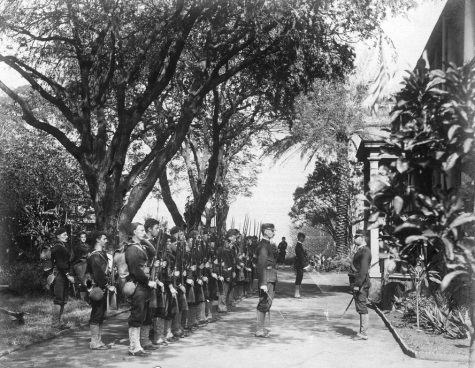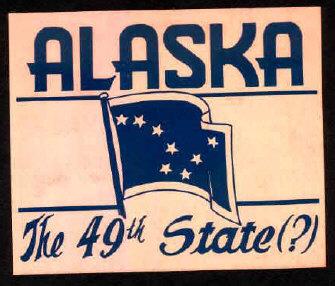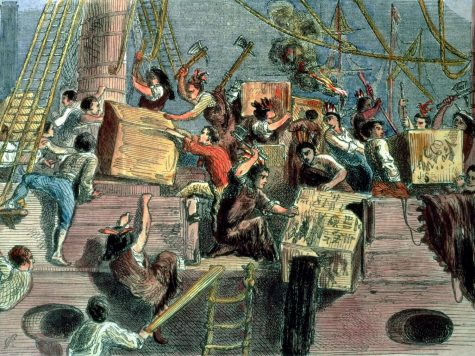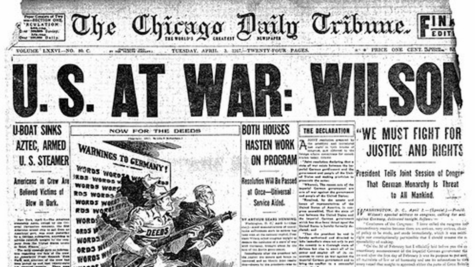The Battle of Trenton-How one Battle Saved an Army
Winter can become an army’s greatest enemy. It has been the downfall of many national militias, including Napoleon’s conquest of Russia, the Soviet invasion of Finland, and the Nazi incursion in the Soviet Union. Another army was close to being conquered by the cold: George Washington’s colonial army.
The colonial army had been slowly dying ever since its defeat by the British at Manhattan Island, forcing George Washington to make a hasty retreat across the Delaware River and making camp at the infamous Valley Forge. This defeat had already affected the morale of the Continental Army. They had done more losing than winning, and the cause for revolution seemed to have been lost. The winter of 1776 would cause morale to plummet. With above-average snowfall and below-average temperatures, almost any hope of victory in the spring among the soldiers were squashed by the constant defeats and the cold. Another problem for the Colonial Army was the number of enlistments ending at the end of the year. Come springtime, Washington would not have troops to face the British. Washington knew he had to find a way to prevent his army from walking away in the winter. He knew he had to go on the attack.
On the 25th of December, Washington announced to his men that they would be crossing the Delaware River and attacking the British forces at Trenton. That very night, Washington crossed the river under the cover of a snowstorm. On the 26th of December, Washington’s army had gotten across the river and began to march towards Trenton. Trenton had become the winter home for a small combination of Hessian and British troops. Hessians, coming from Germany, had been employed to fight alongside the British and defeat the colonists. Their commander, Colonel Johann Rall, had become comfortable at his winter quarters, not worrying about a colonial attack as most British commanders believed the rebellion would be over when the snow melted. He was not aware that Washington was coming straight to him.
Washington spread his men out into three sections, each one attacking Trenton from a different side. The Hessians were taken by surprise, and were quickly routed. The battle was brief, only lasting one hour and resulting in a decisive victory for the colonists. Washington had lost not a single soldier, and only 23 men were wounded. The Hessians did not have such a nice outcome. They had lost 23 men, had 83 men wounded, and had 900 men captured by the colonists. Washington had also taken lots of valuable arms and supplies. Shortly after the battle, Washington and his men crossed back across the Delaware River and to the safety of Valley Forge.
The battle, even with its small scale, had lasting effects on the colonists. It reinvigorated the colonial spirit and showed the British that the colonists were going to continue fighting. Many of the men’s enlistments were renewed. Washington would have an army in the spring with a renewed spirit. Winter could not kill Washington’s army.
Sources:
Battle of Trenton Facts & Summary | American Battlefield Trust (battlefields.org)


